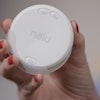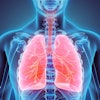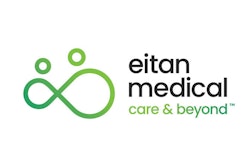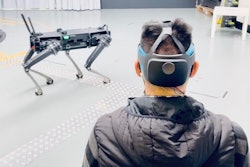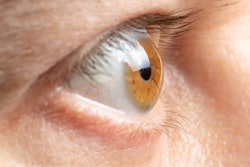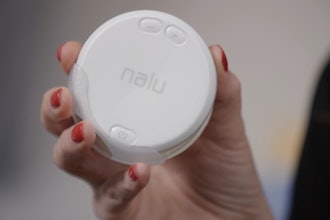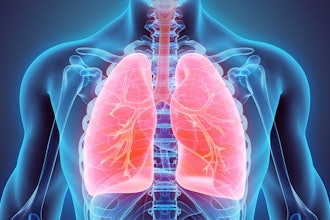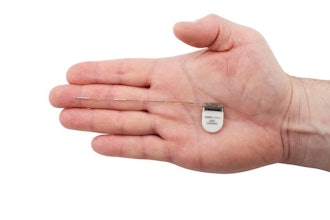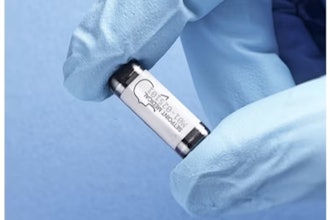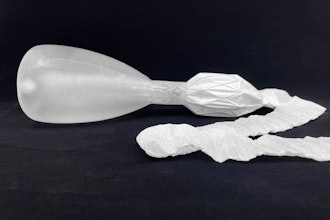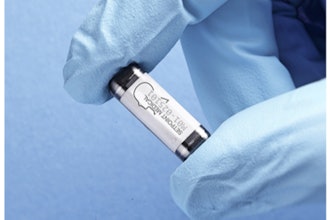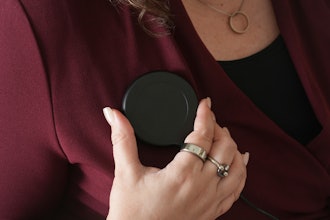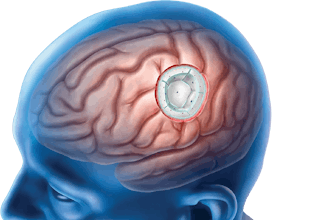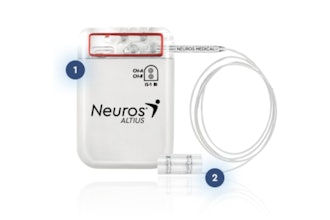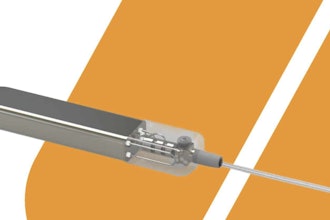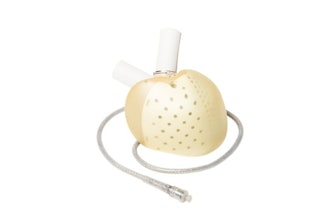
Medtronic recalls implantable cardioverter defibrillators (ICDs) and cardiac resynchronization therapy defibrillators (CRT-Ds) with glassed feedthrough for risk of low or no energy output during high voltage therapy.
The FDA has identified this as a Class I recall, the most serious type of recall. Use of these devices may cause serious injuries or death.
Recalled Product
- Product Names:
- Cobalt XT, Cobalt, Crome ICDs and CRT-Ds
- Claria MRI, Amplia MRI, Compia MRI, Viva, Brava CRT-Ds
- Visia AF, Visia AF MRI, Evera, Evera MRI, Primo MRI, Mirro MRI ICDs
- Product Codes: See Medical Device Recall Database entries.
- Distribution Dates: October 13, 2017 to June 9, 2023
- Devices Recalled in the U.S.: 348,616
- Date Initiated by Firm: May 10, 2023
Device Use
Medtronic’s implantable cardioverter defibrillators (ICDs) and cardiac resynchronization therapy defibrillators (CRT-Ds) are implantable cardiac devices that are intended to monitor and regulate heart rate and rhythm.
These devices automatically detect and treat life-threatening irregular heartbeats (arrythmia) by producing an electric shock (cardioversion or defibrillation) to restore a normal heartbeat. Some devices can also provide cardiac resynchronization therapyExternal Link Disclaimer to treat heart failure.
Reason for Recall
Medtronic is recalling all ICDs and CRT-Ds, manufactured after 2017, with a glassed feedthrough, as they may deliver low or no energy output when high voltage therapy is needed due to inappropriate activation of the Short Circuit Protection (SCP) feature. The issue is more likely to occur for devices with a glassed feedthrough that are configured to deliver therapy in the AX>B delivered pathway.
A reduced-energy shock, or no shock at all, may fail to correct a life-threatening arrhythmia, which can lead to cardiac arrest, other serious injury, or death. There are additional risks of harm if a patient with one of these devices needs additional surgical procedures to remove and replace the device.
Medtronic reports 28 incidents, 22 injuries, and no deaths for this issue.
Who May be Affected
- People implanted with affected ICDs and CRT-Ds.
- Health care providers who implant and manage patients with ICDs and CRT-Ds.


